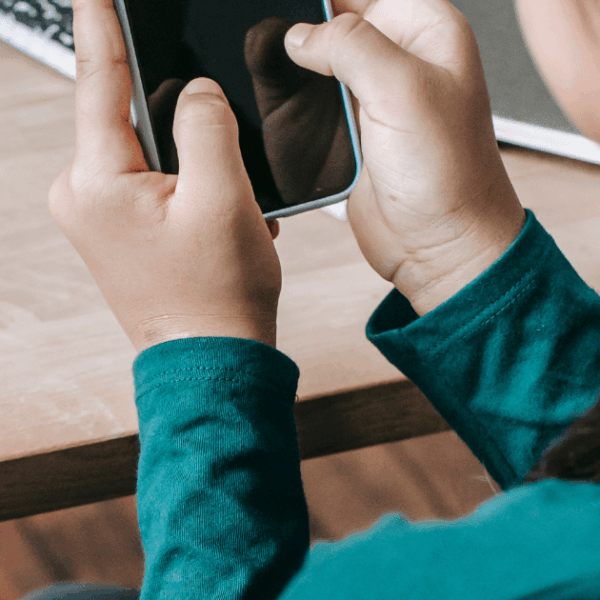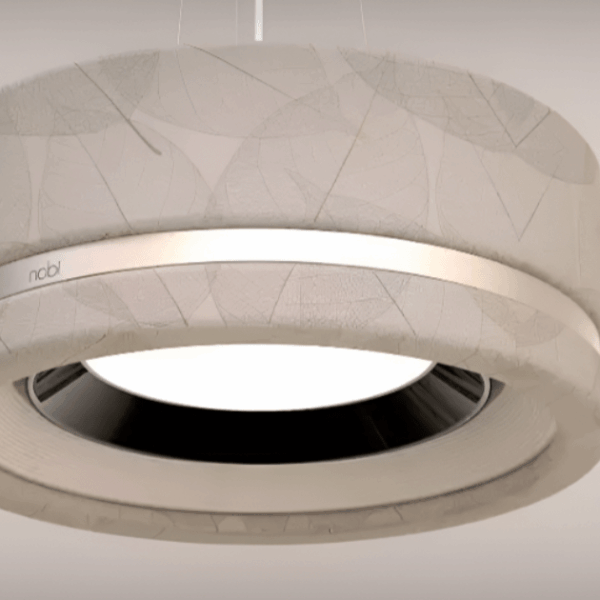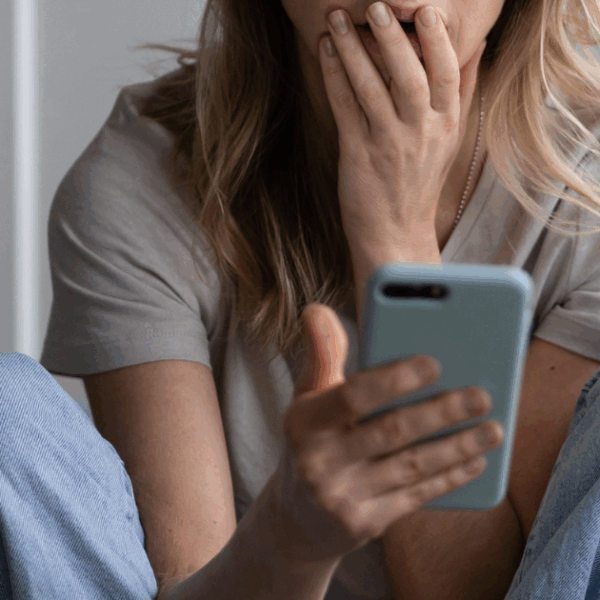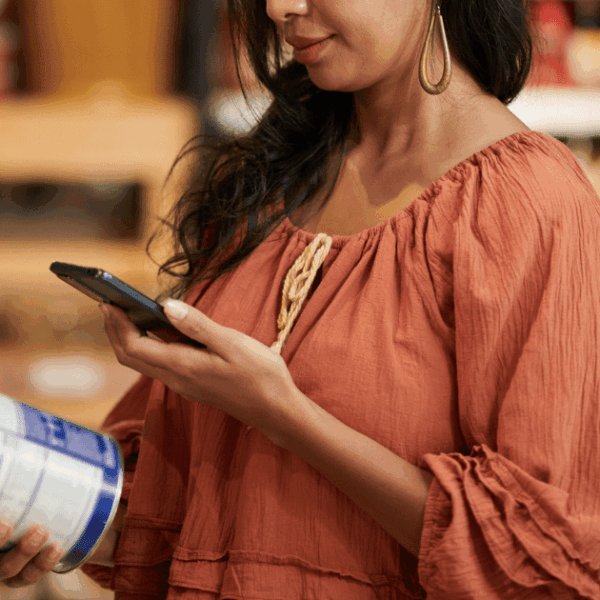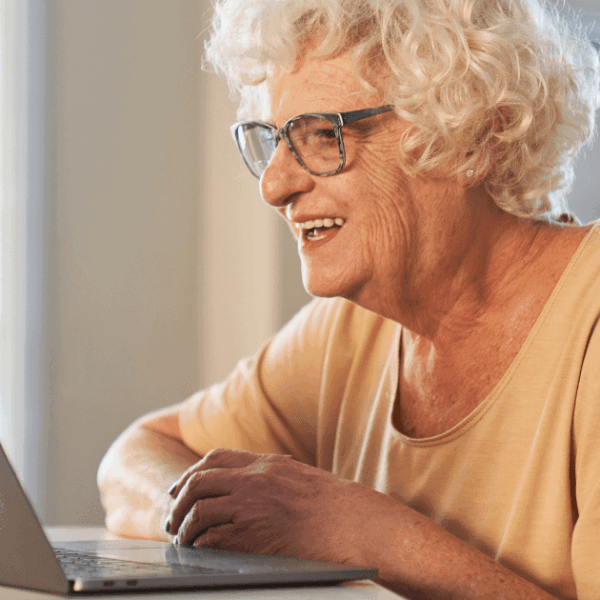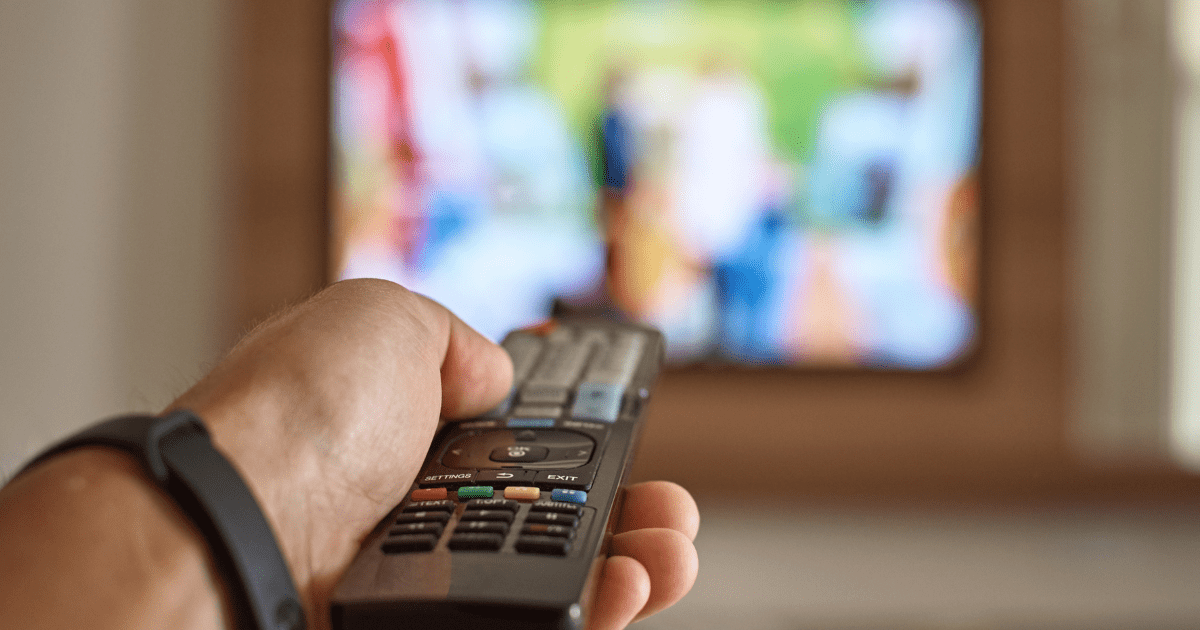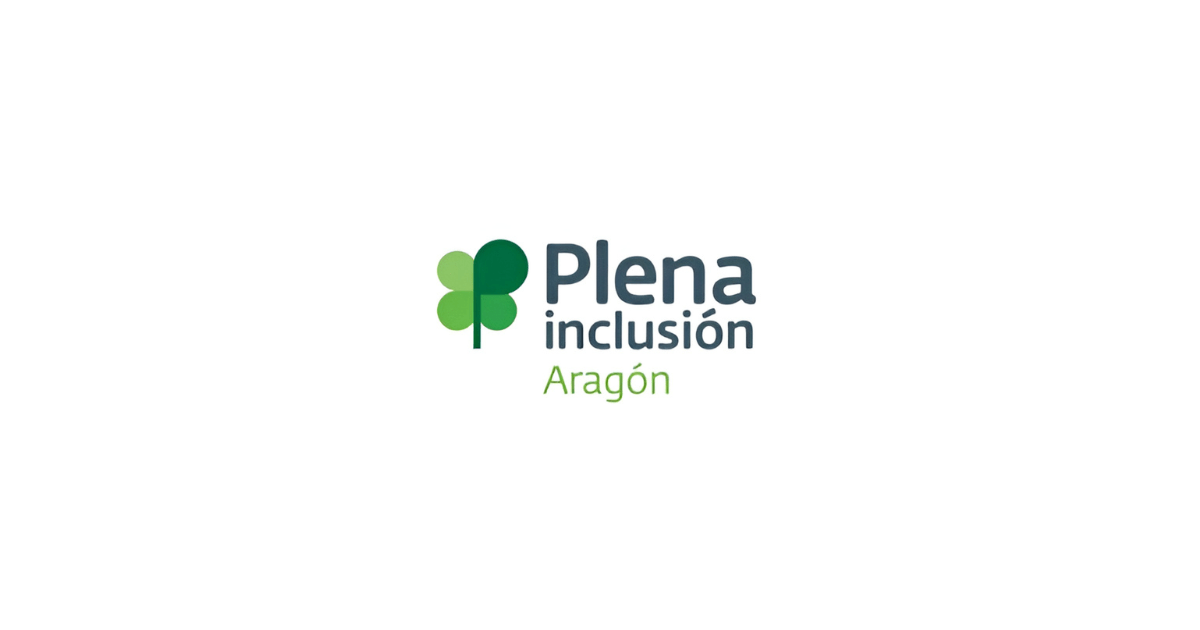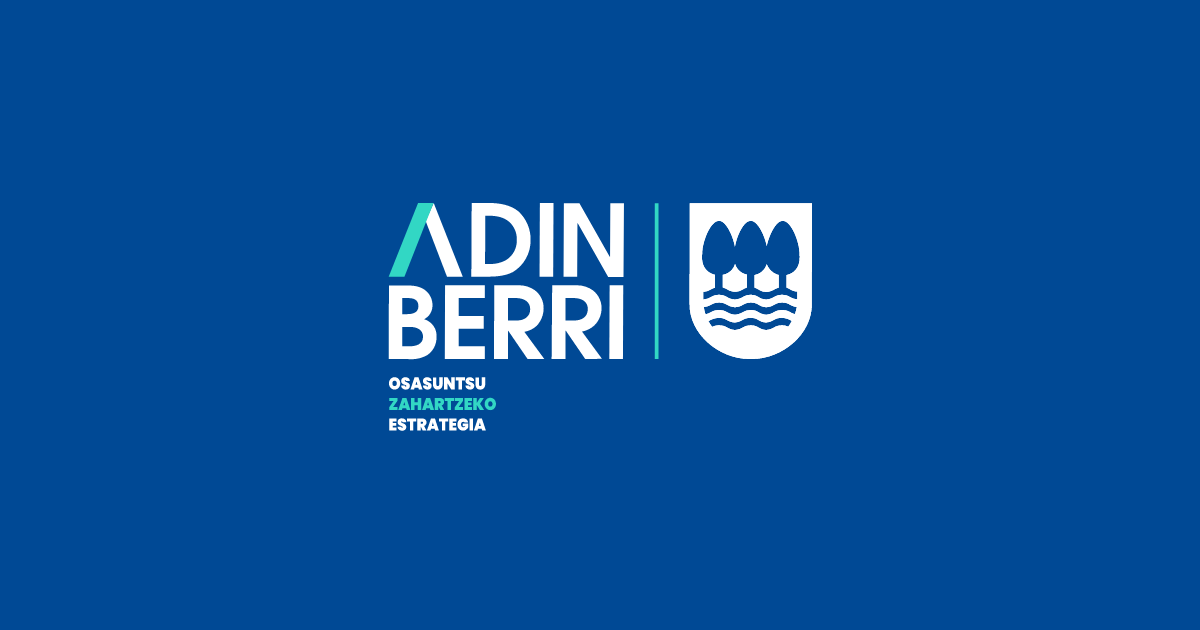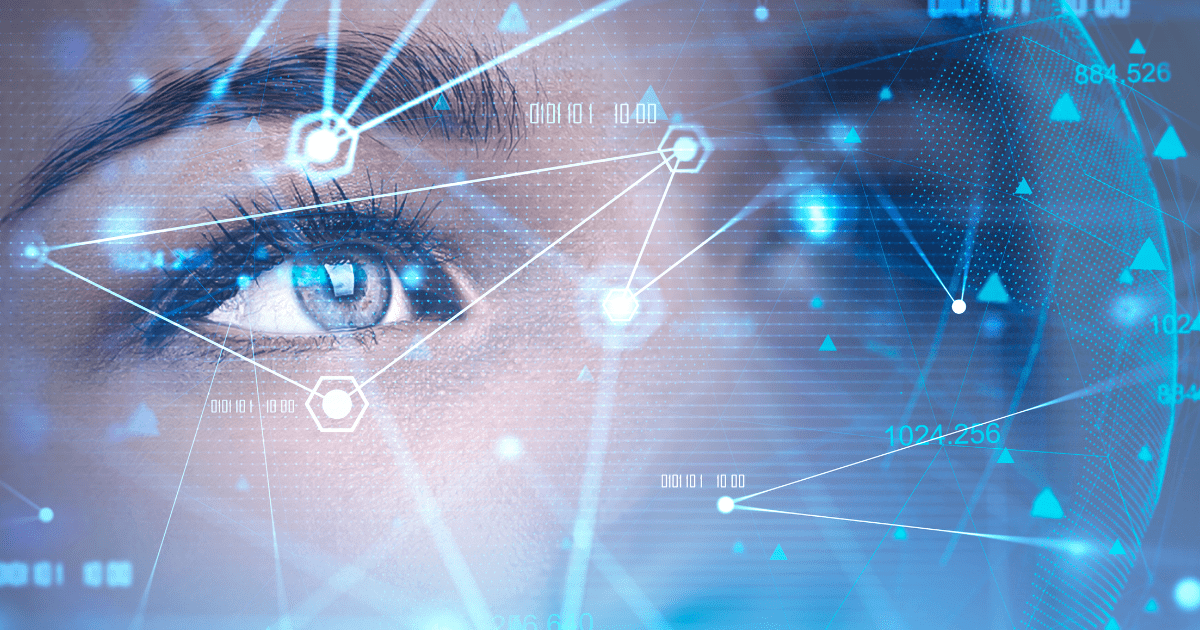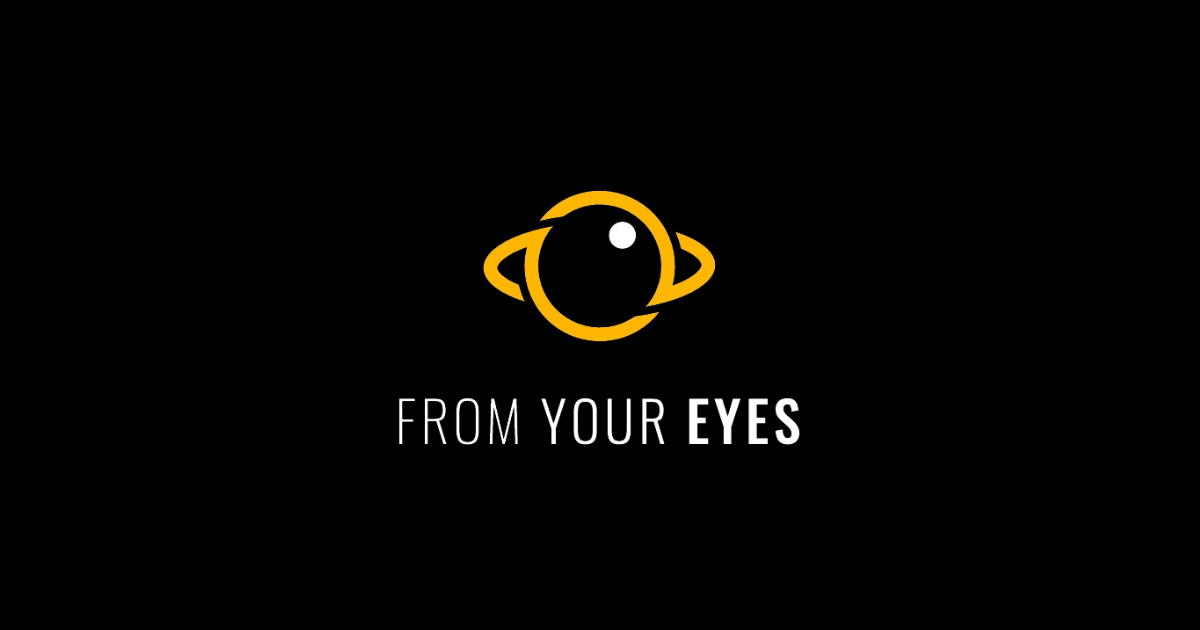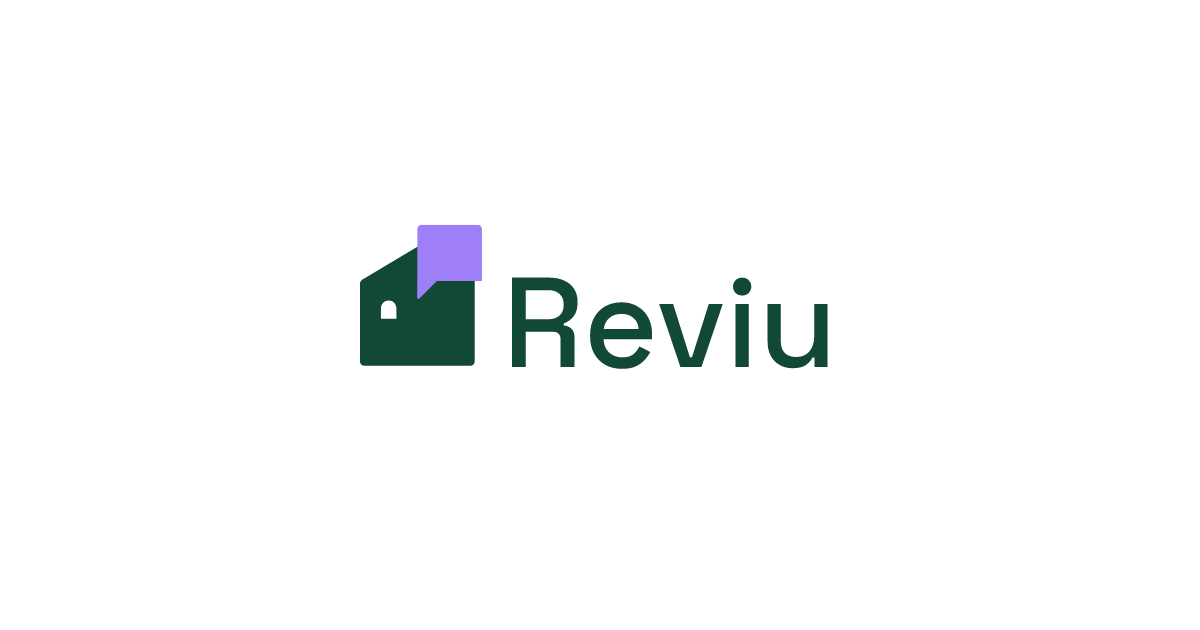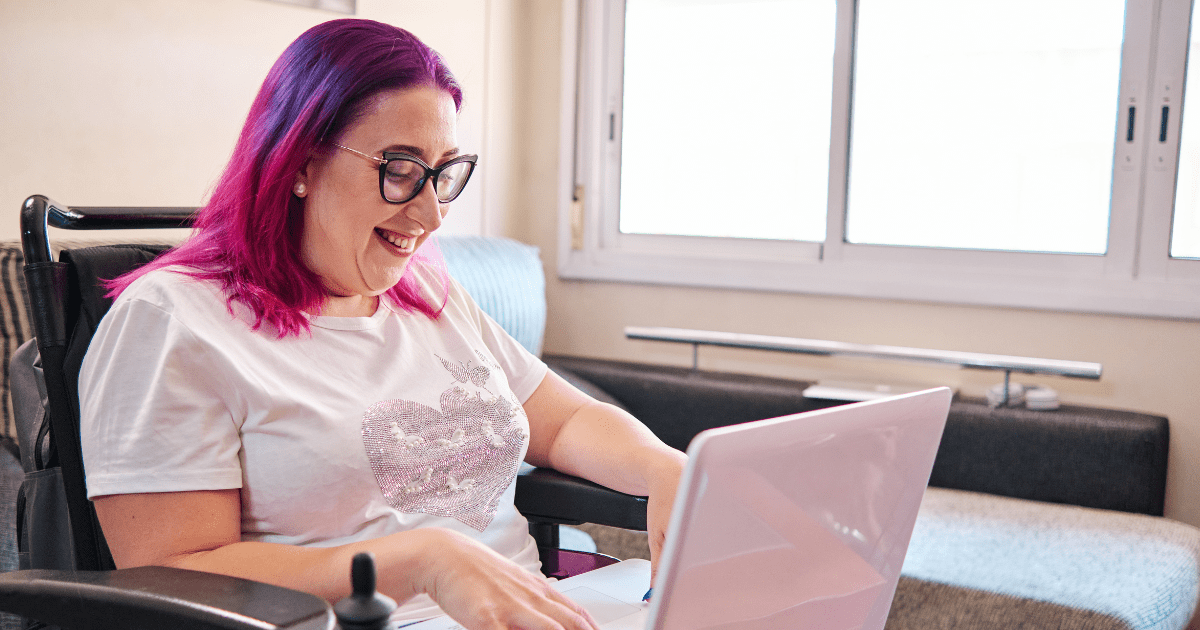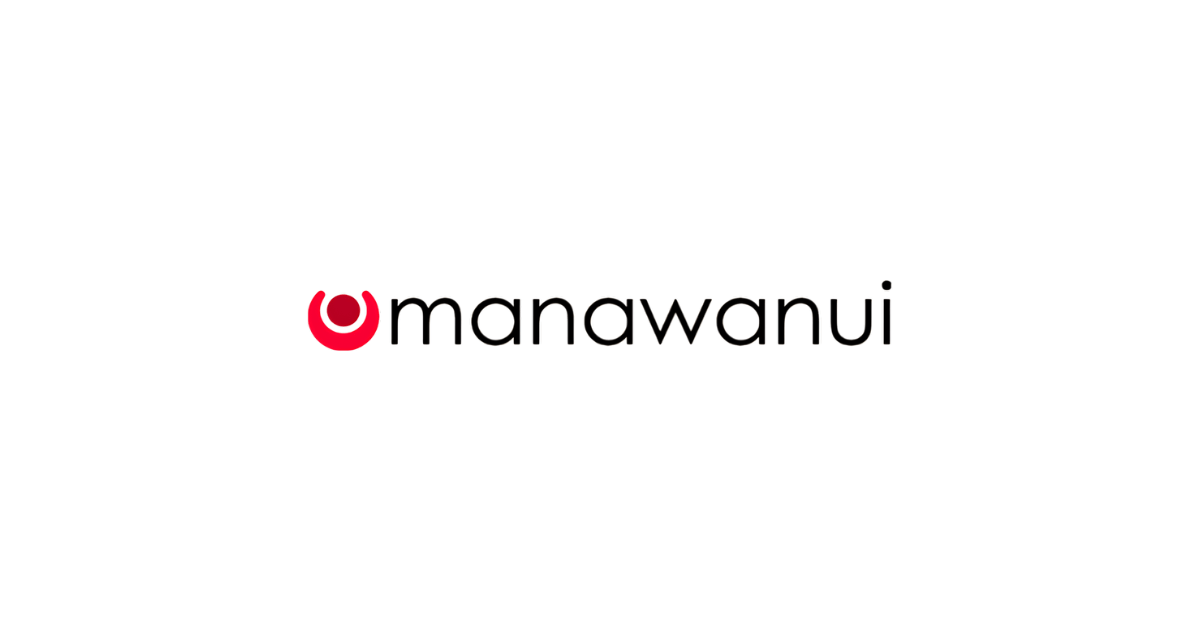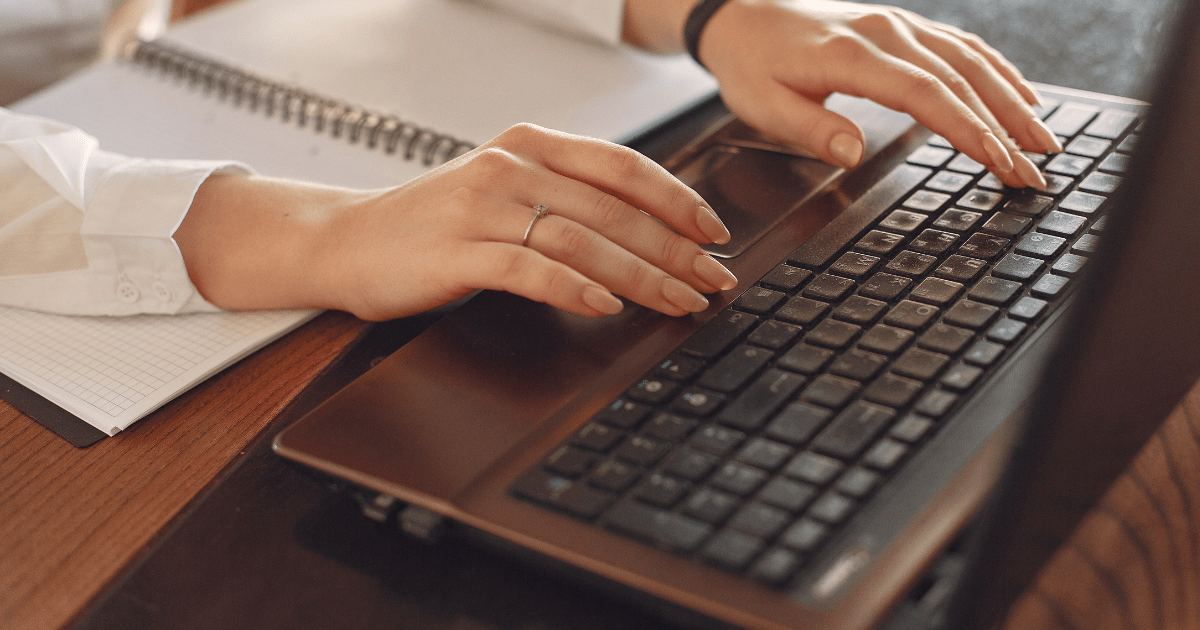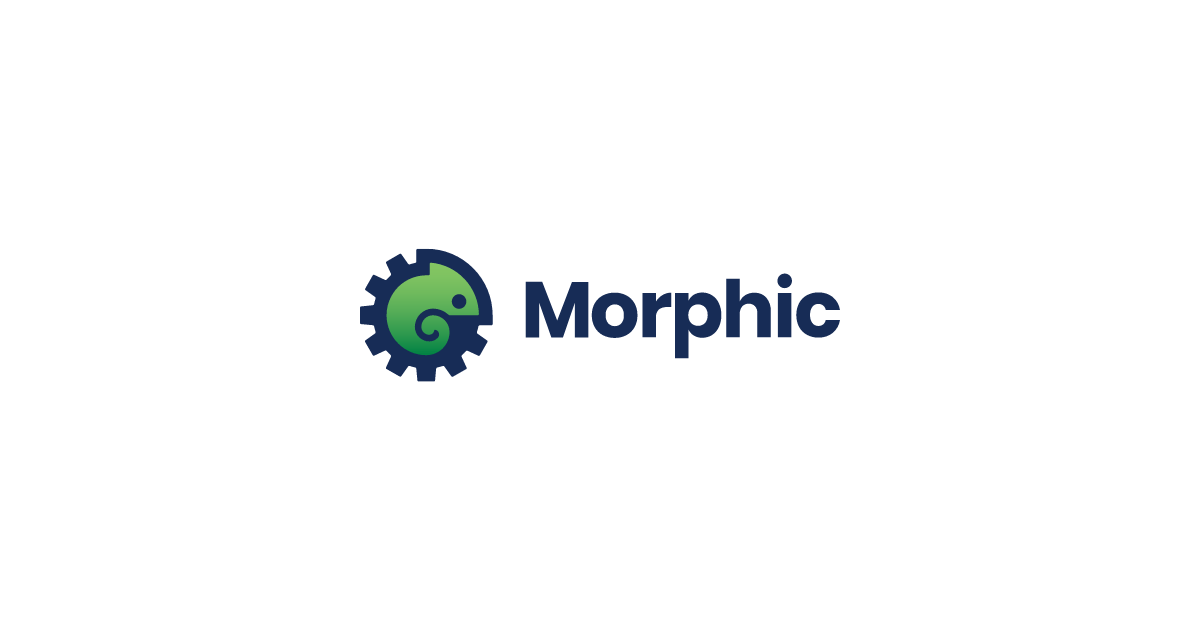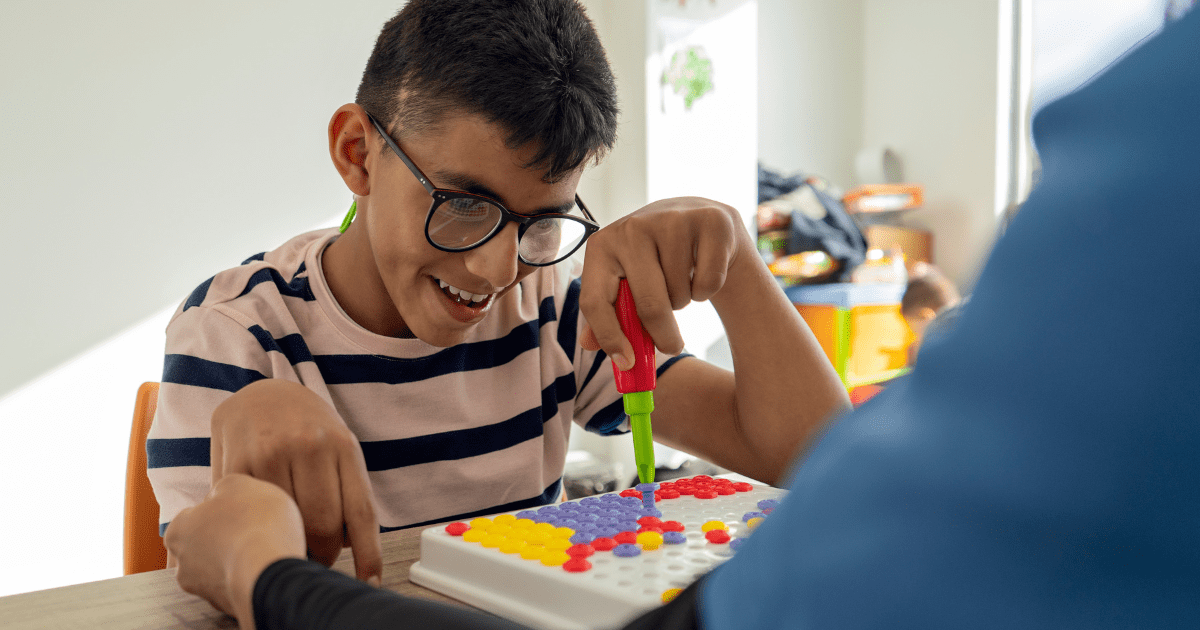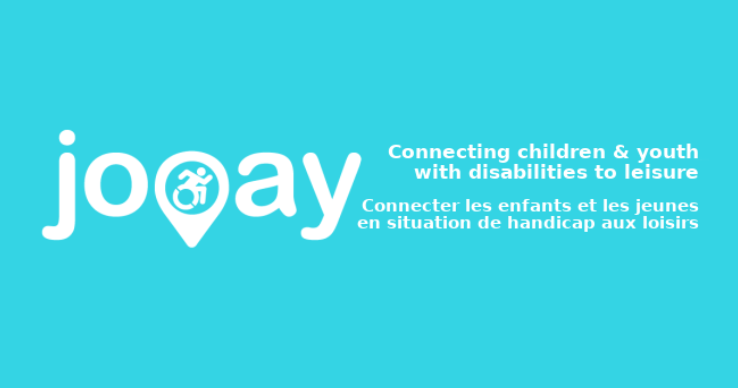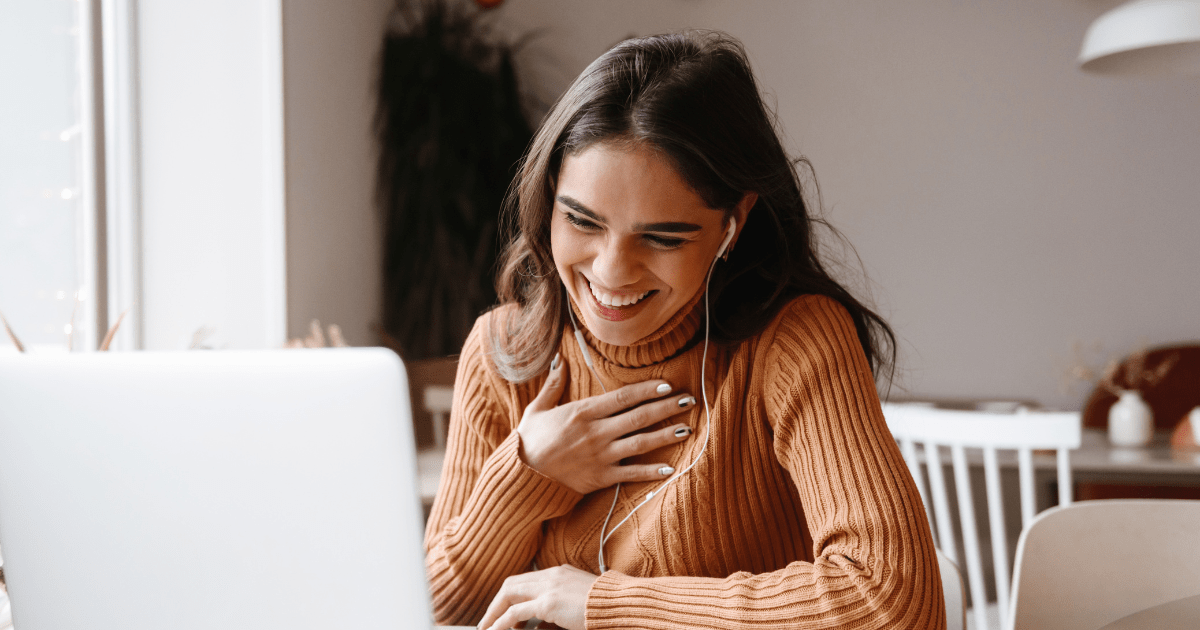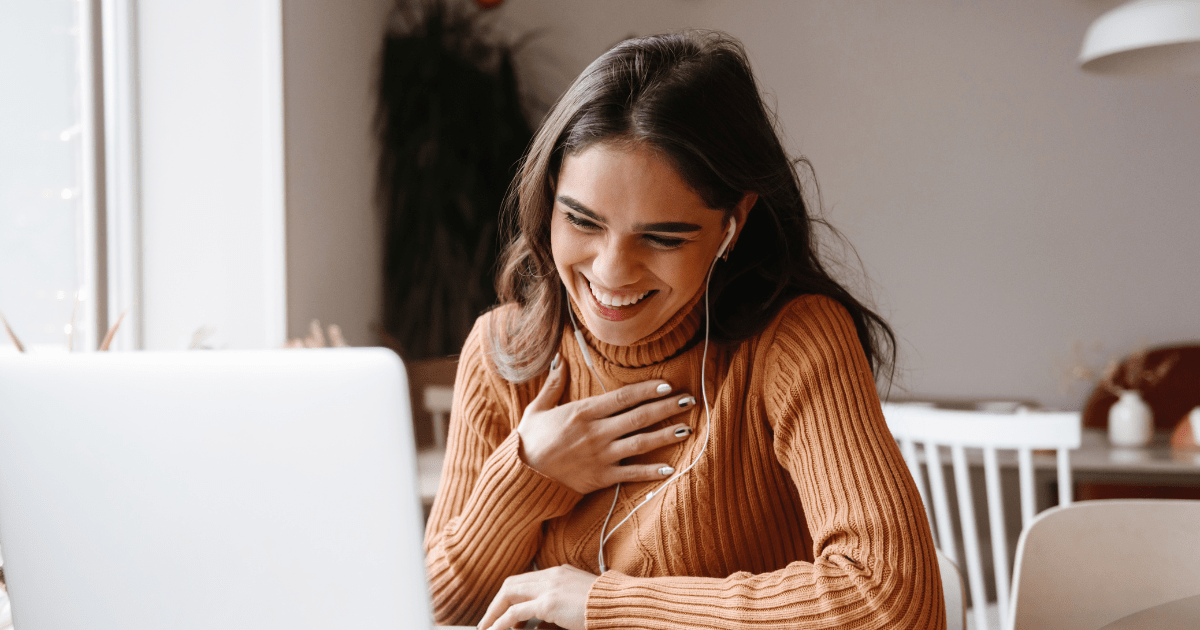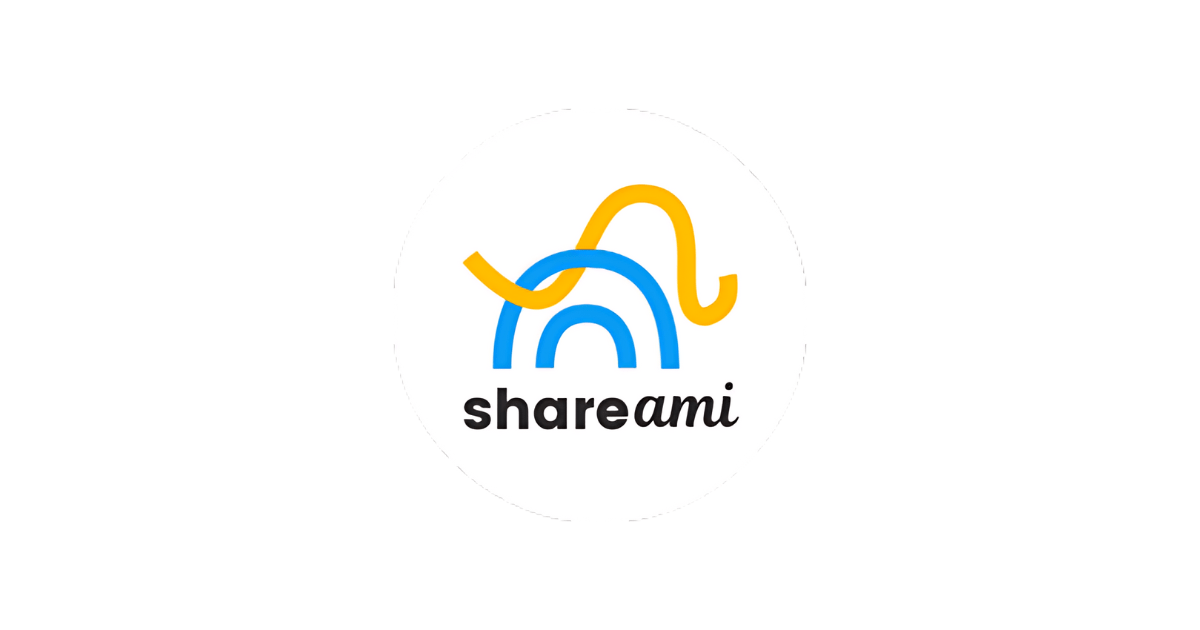IWI Project, a support program for families seeking to improve their well-being
IWI Project, a support program for families seeking to improve their well-being
Fundació Acció Social Infància (FASI)
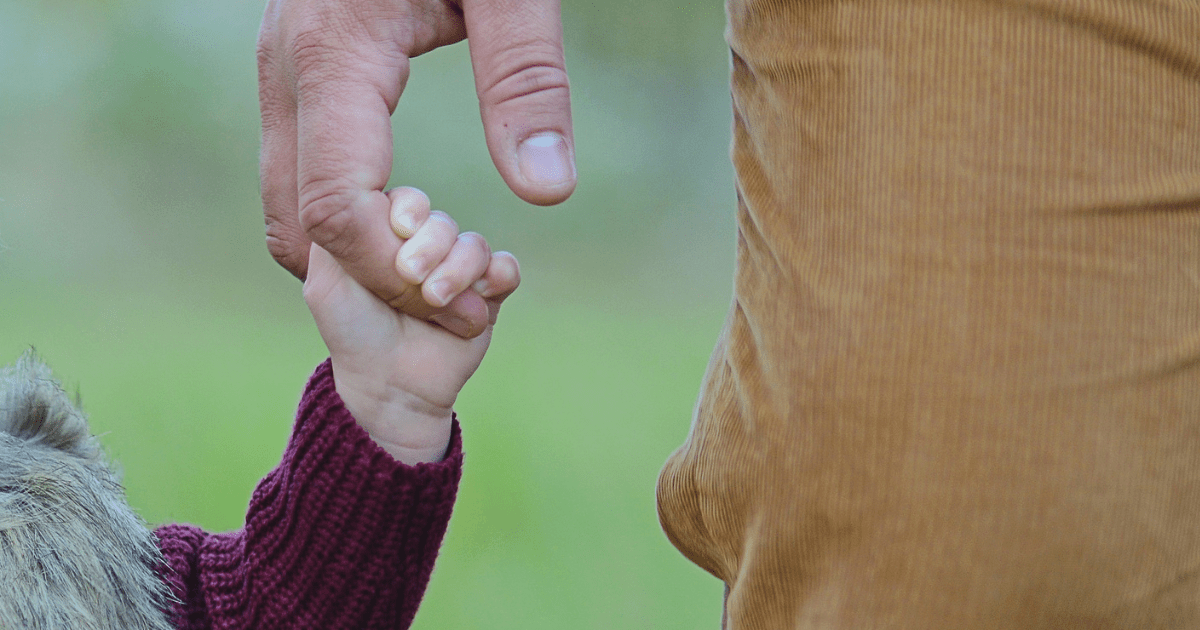
A program that provides support to families with minors in their care who detect difficulties within their own homes and wish to address them in a community-based manner
The IWI Project (community in Maori) is a pioneering service in Catalonia that offers support to families with underage children to improve their well-being, using the Family Group Conference restorative justice methodology, originally from New Zealand. This methodology is based on dialogue and trust in the abilities of families to find solutions to their problems through the active involvement of their community and support network.
The project is aimed at families who detect difficulties in their family dynamics and wish to address them. IWI offers a safe space where family members can express their needs and, together with the reference people they select, find community solutions to their problems. This process includes individual meetings with family members, the creation of a support community, and a final meeting where actions to be taken are discussed and agreed upon.
After the family meeting, IWI conducts follow-ups to assess progress and strengthen community ties. This follow-up is an opportunity to acknowledge the community’s effort and recognize the positive changes that have taken place. Thus, IWI not only works to resolve immediate issues but also seeks to strengthen family and community relationships in the long term. Additionally, there are plans to establish physical offices in all four provinces to provide a point of reference for families.
Characteristics of innovation
Localization
Catalonia
Partners / Funders
Plataforma Educativa, Taula d’Entitats del Tercer Sector Social de Catalunya, and the Department of Childhood and Adolescence of the Generalitat of Catalonia.
Genesis
The IWI project development began in 2023, and its public inauguration took place on June 20, 2024, in Barcelona. The Fundació Acció Social Infància (FASI), founded in 2010, is an entity that promotes innovative projects in child welfare at risk in Catalonia through family intervention. Moreover, since 2021, the organization has been part of RN7U, a group of social initiative entities that work to improve the quality of life of people at risk of social exclusion and defend their rights.
Level of implementation
According to the latest annual data, FASI has served 160 children and young people in children’s homes, more than 20,000 young people have been part of the Service for Adolescents and Families (SAIF), and 117 families have received support within the Extended Family Intervention Service (SIFE).
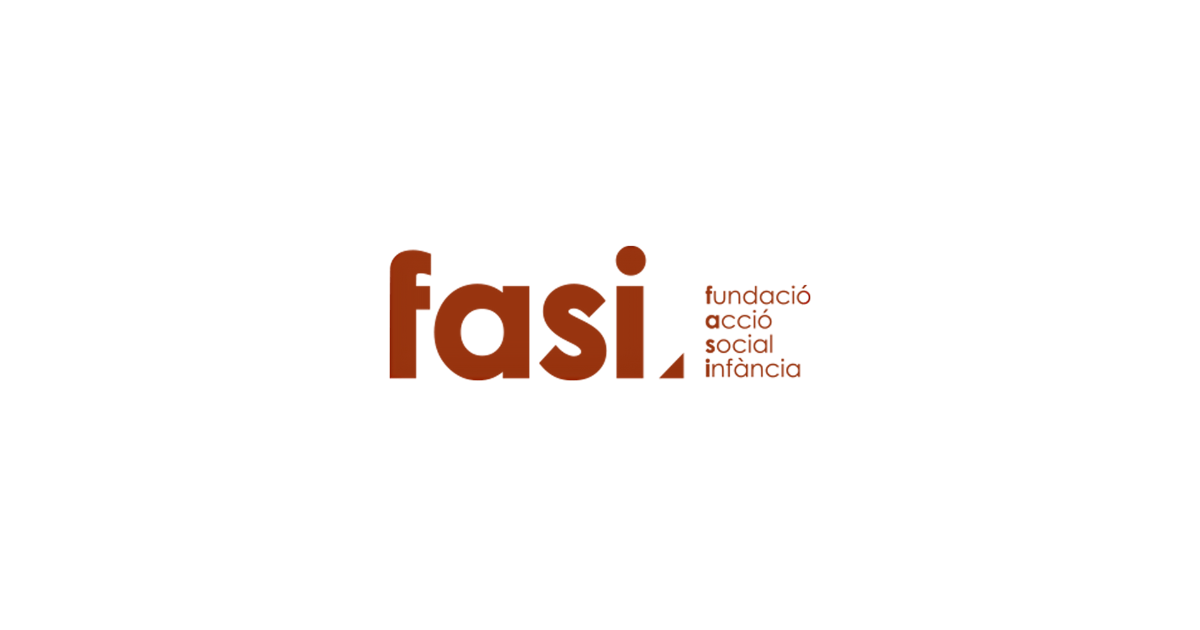
Banc d’innovacions

